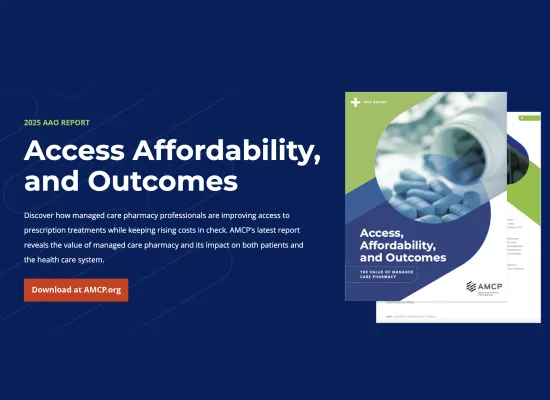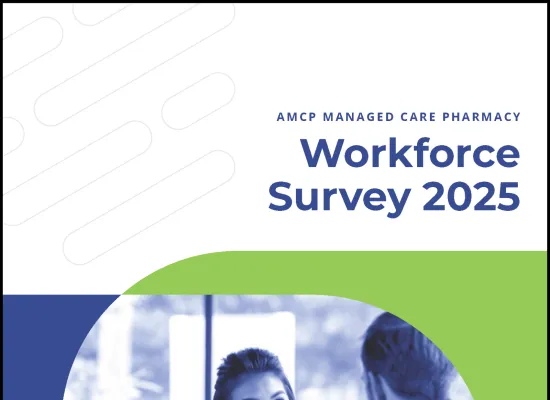
AMCP Addiction Treatment Advisory Group Releases Findings on Improving Treatment of Opioid Addiction
Alexandria, Va., Dec. 2, 2016 — The Addiction Treatment Advisory Group (ATAG), created last year by the Academy of Managed Care Pharmacy (AMCP), has released detailed findings on how managed care organizations can better address the opioid addiction crisis, including through improved access to naloxone and Medication Assisted Therapies (MAT).
ATAG’s newly released report, “The Role of Managed Care Pharmacy in Improving Access to Naloxone,” addresses many issues around gaps and barriers to addiction treatment services, and lays out the stark challenges of the epidemic. Roughly 2 million Americans are addicted to prescription opioids, and treating patients with opioid-related overdose costs an estimated $1.4 billion a year. ATAG identifies and prioritizes areas with the greatest potential to significantly improve patient outcomes.
According to the ATAG report, managed care organizations could improve access to naloxone and support patients with substance use disorder by:
- Assessing benefit designs to support utilization of alternative pain management methods, and supporting the expertise needed as alternatives to opioids for chronic pain become available.
- Examining coverage criteria for naloxone and making provisions for inclusion of a bystander who is not at risk of an overdose.
- Developing quality improvement or management strategies that mitigate the risk of overdose through co-prescribing of naloxone when factors that could increase overdose risks are present.
- Ensuring naloxone is available on the formulary and without refill limitations, and consider value-based tier placement to ensure appropriate access.
- Working with local partners or coalitions to increase naloxone dispensing in community settings and with hospitals to distribute naloxone through emergency departments.
In addition, ATAG’s considerations for medications used to treat substance use disorder include:
- Updating managed care policies, processes and benefit designs related to substance use disorders based on current evidence of substance use disorders as chronic health conditions.
- Enhancing continuity of care by actively managing transitions between sites of care, and between medical, pharmacy and mental health needs.
- Improving health care professional and patient awareness of, and access to, medications used in the treatment of substance use disorders.
Formed in October 2015, ATAG is comprised of 20 leaders from a wide range of national organizations. They include behavioral health organizations, outpatient treatment centers, nonprofit advocacy groups, health plans, PBMs, specialty pharmacies, employers, hospitals and manufacturers. ATAG is supported by Alkermes, Inc.; kaléo, Inc.; and Precision Diagnostics; and the Association for Behavioral Health and Wellness (ABHW).
The ATAG Viewpoint paper is included in the December 2016 issue of the AMCP Journal of Managed Care & Specialty Pharmacy (JMCP). Read the full report at http://bit.ly/2fJogY9.
Featured News & Resources
See Full CalendarUpcoming Events
AMCP offers a wide variety of educational opportunities, from events and webinars to online training.








